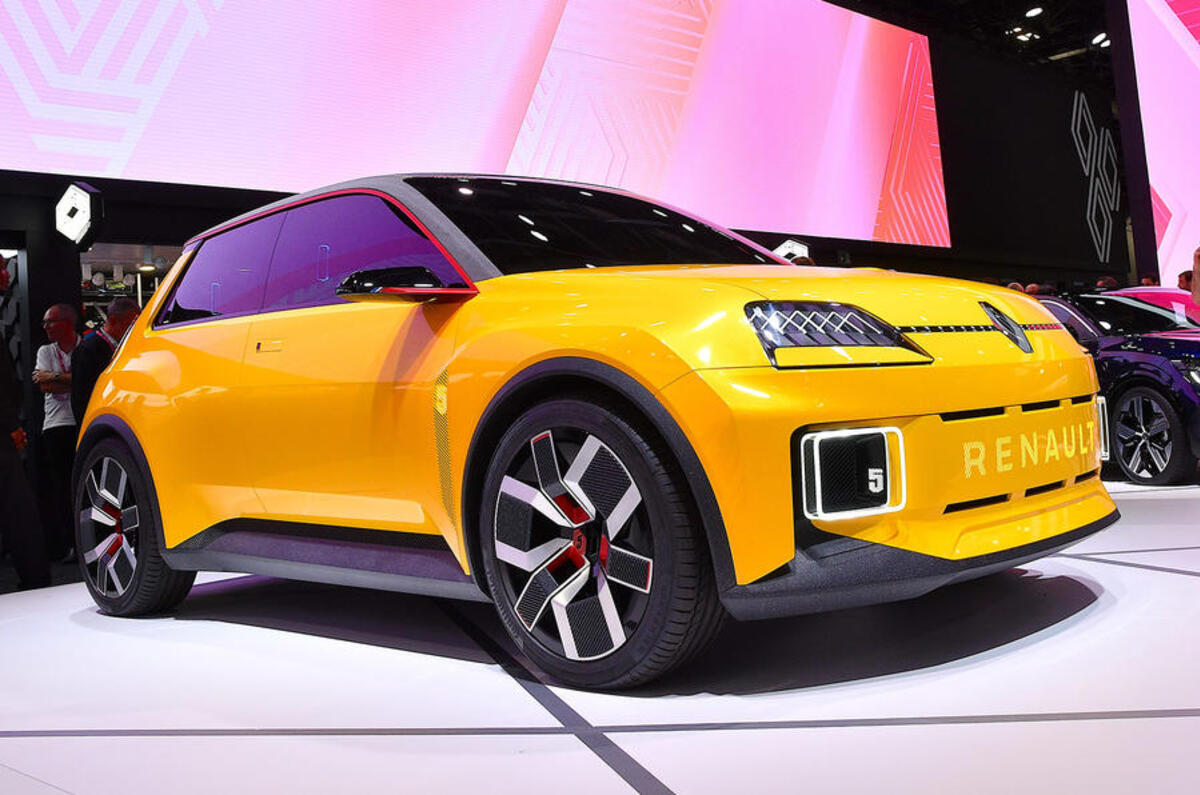The Renault Group has hived off its electric vehicle and software activities into a dedicated new business, called Ampere, as part of the third stage of its 'Renaulution' transformation.
The announcement comes as part of a wide-reaching update to boss Luca de Meo's reinvention plans, which see the company shift focus to becoming what it calls "a next-gen automotive company".




Add your comment